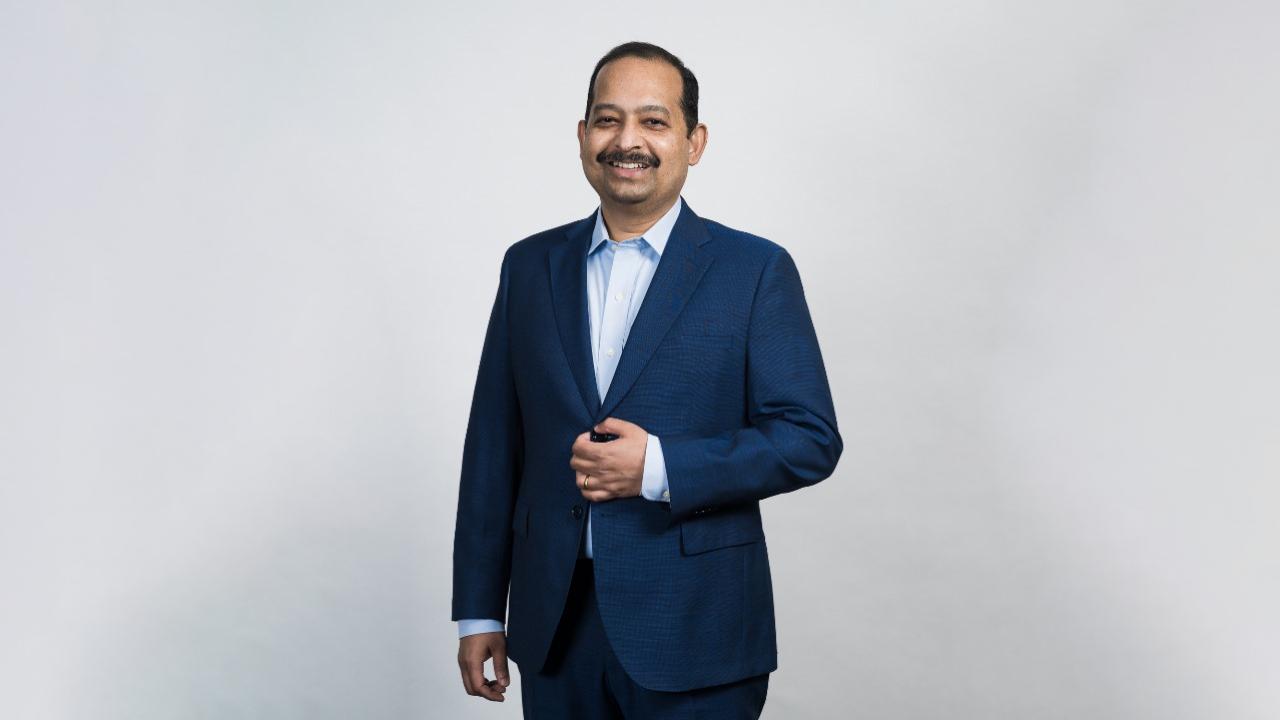
The Indian multinational company specializing in software services development closes a successful year in Latin America. Meanwhile, in Peru, it is focused on the automation of banking operations.
“Working in the consulting industry in Peru was an opportunity to build the company from scratch. It was a different challenge.” Sangram Sahoo, Country Manager of Tata Consultancy Services (TCS) Peru , describes his more than ten years at the helm of the Indian corporation in the country. It is one of the largest information technology services companies worldwide. Its portfolio of options consists of software development and maintenance , data migration to the cloud, implementation of artificial intelligence, among others.
Sahoo has witnessed the rise in demand for digital services. His career at TCS began in 1996, first in the Mumbai (India) offices and soon after, he held roles in other Asian countries such as Japan, Singapore and Indonesia. Later, in 2000, he made the jump to the United States, where he was in charge of business development and operations in the country.
“There, my role was to serve some clients that existed before my arrival. They already had enough years of experience to work with strategic partners like TCS, so the rules and processes were well defined,” Sahoo told AméricaEconomía . It is not surprising then that his time in Chile and Peru was a challenge due to the need to make contacts and establish a presence as a brand.
In the latter country, TCS has clients in the banking, retail, and manufacturing sectors, as well as airlines and gas distributors. Sahoo acknowledges that the multinational must constantly adapt its services to stay at the forefront of the latest in process automation. The executive sums it up with the slogan that “without change, we will have no work.”
Its last few years in the Peruvian market are not far removed from other corporate cases. 2020 was a challenging year due to the pandemic, while in the two years that followed, TCS experienced a rapid recovery. Already in 2023, more moderate growth was evident, which continued into the current year. “In Latin America as a region, we are growing double-digit per quarter, which contrasts with the situation in Peru,” said Sahoo.
The TCS executive also maintains that staff training in technological tools such as data and analytics must be constant. “We know that today, everyone talks about artificial intelligence. But the fundamental thing and the basis for building an AI strategy is data. So, there is a lot of focus on cloud management and we have alliances with three hyperscalers (cloud service providers). So our training is oriented towards the cloud, data, analytics and artificial intelligence,” explains Sahoo.
On the other hand, the executive recognizes that cybersecurity is a key area for companies in Peru and the region, due to the increase in data leaks. In this sense, TCS divides this sector into two areas for improvement: the first is general training for the company's employees. All of them are required to take cybersecurity courses to hold an important position: whether it be programmer, project manager or general manager.
At the end of the course, there is an exam that must be passed so that the manager can demonstrate minimum knowledge in cybersecurity. Although there is also specific training for those professionals who aspire to become experts, because their job profile requires it. In order to provide this learning ecosystem, TCS has alliances with several partners that grant access to online and in-person courses , as well as their respective certifications. “Learning and sharing is one of our five principles,” says Sahoo.
TCS'S MAIN INITIATIVES
If we look at the Indian company's portfolio of services, there are initiatives designed for each professional niche. For example, they are currently undertaking a robotization of the back office processes (internal management of a company) of a client in the banking sector. The Robotic Process Automation (RPA) process is used through alliances with various tools with global reach. In other words, TCS supports the creation of bots to automate the management and administrative procedures of these clients.
“We see a number of customers using the multi-cloud approach. They have their operations on different public clouds. So we provide services for them to migrate, manage and optimize their data to a single cloud,” Sahoo adds.
As for artificial intelligence, the Indian executive classifies it into three levels of use: assist, augment and transform. TCS starts from the idea that not all companies are ready to adapt to the use of AI and therefore, they require different needs. On the other hand, he highlights that generative AI is vital to resolve certain decisions. Some examples may be the detection of bank fraud or the design of prototype products or business models.









